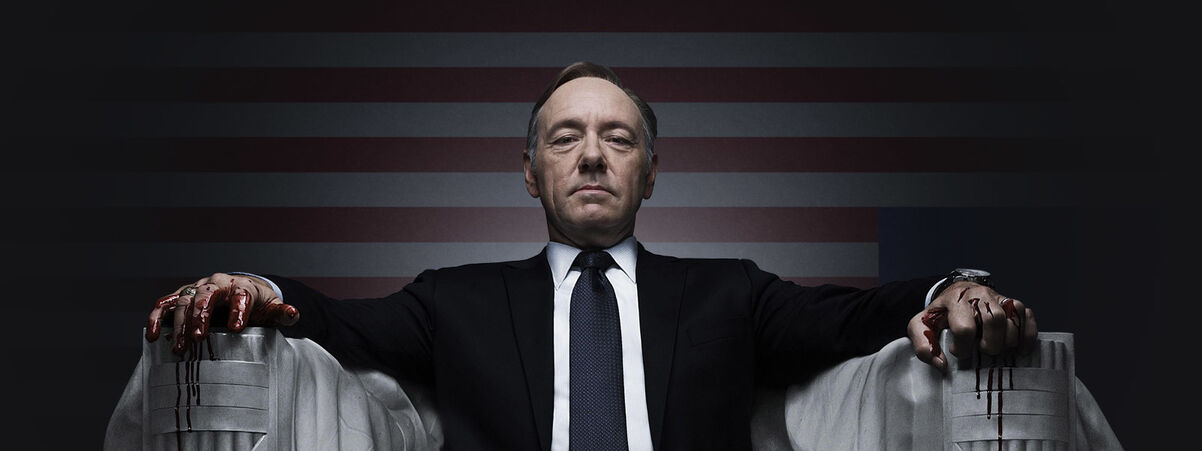By now, almost everyone knows about or has read the BuzzFeed expose on actor Kevin Spacey, in which actor Anthony Rapp recounts unwanted alleged sexual advances he experienced at age 14 from Spacey. The day following, Bruce Steele, a former editor at Out and The Advocate wrote an essay for USA Today that goes into further detail about a point that’s glossed over in the original article.
The original article, in showing that tales of Spacey’s abuse had circulated for some time, mentions an Advocate Q with Rapp in 2001, in which Rapp spoke out about Spacey’s abuse. Except, as BuzzFeed details, Spacey’s name was redacted. According to Steele, the redaction was not at Rapp’s request. Keeping Spacey’s name out of the article was adhering to a commitment from Out and The Advocate, sister magazines both owned by LPI Media at the time, not to out any closeted celebrities.
“At Out magazine, we repeatedly told everyone that the name of the magazine was an adjective, not a verb,” Steele wrote in his essay. “ We did not out people, preferring to give them the time and space to make that decision themselves, a healthier route to honesty on both sides.”
Outing remains an ethical minefield. While the standard answer to, “Should we out this person?” remains a pretty solid “Hell no,” the lines sometimes blur. In 2014, reporters wrestled with the question after journalist Itay Hod seemingly outed former Illinois congressman Aaron Schock in a Facebook post. Outlets then pondered the ethics of outing a public figure who espouses anti-gay views sometimes with multiple takes on the same site.
Then there are outings that are just not OK, like when Gawker outed a Conde Nast executive for no reason. Media outlets and journalists lashed out at Gawker for its decision, with the Huffington Post’s Gabriel Arana calling it “gay-shaming, not journalism.” (On a side note, Arana also said that outing of public figures is OK in the case of anti-gay Republicans.) Gawker eventually took the story down.
But the ethics of outing weigh even heavier on queer media, which, while dedicated to journalistic ethics, is also an intra-community endeavor. While we report the news, we also do it to empower queer people.
Which makes this defense of Spacey mind-boggling. Queer media, and queer people, work hard every day to dispel the notion that all gay men are pedophiles. In protecting Spacey, the magazine protected Spacey’s alleged assault, not his sexuality.
In fact, what BuzzFeed’s piece did was not an outing. Rather than describe someone’s sexual orientation, BuzzFeed described a specific behavior, an isolated incident. Most queer people would probably agree to two things: that nonconsensual sexual advances on a minor does not constitute queer sexuality and that an isolated incident cannot be used to prescribe anyone a sexual orientation. What BuzzFeed did was out an underaged alleged sexual assaulter, not out a gay man. Spacey confirmed this by later coming out on Twitter.
A “no outing” policy should not shield people like Spacey. A blanket “no outing” policy that doesn’t bend, that treats every closeted person as worthy of the same protections, is a neutral one. And, to paraphrase Desmond Tutu, to stay neutral in situations of injustice is to side with the oppressor. Queer people are no monolith and there are those who need the watchful eye of queer media. Choosing to out a gay person in power who would threaten the safety, security or autonomy of another queer person or the queer community is to choose to side with the oppressed queer person, not the queer person with power.
If queer media cannot side with those in our community who need us the most, and uplift their stories, then queer media is toothless.
Don't forget to share:
Help make sure LGBTQ+ stories are being told...
We can't rely on mainstream media to tell our stories. That's why we don't lock our articles behind a paywall. Will you support our mission with a contribution today?
Cancel anytime · Proudly LGBTQ+ owned and operated
Read More in Culture
The Latest on INTO
Subscribe to get a twice-weekly dose of queer news, updates, and insights from the INTO team.
in Your Inbox













